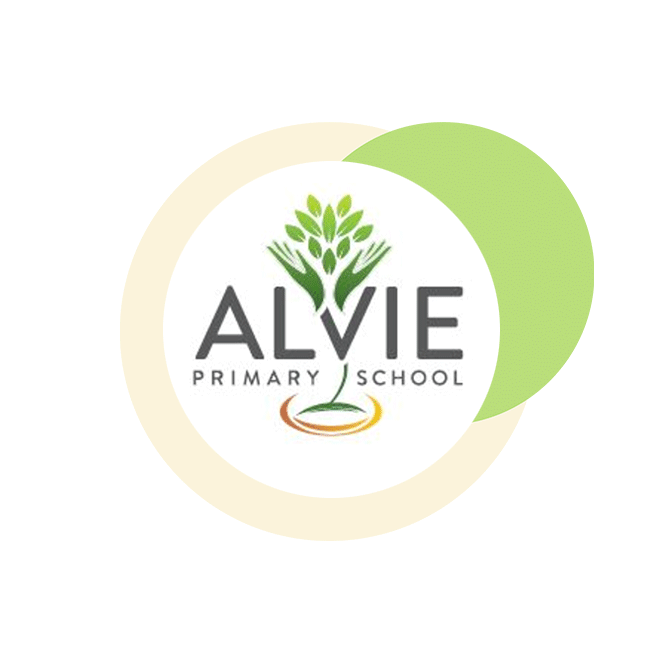English
Alvie Primary School formed in 1957 by the amalgamation of many small district schools. Past students remember Alvie Primary School as an important part of their lives, proudly supporting and serving local rural communities.
At Alvie Primary School, the daily literacy block consists of a minimum of two hours of Reading, Writing and Speaking and Listening.
The initial block always begins with explicit teaching implementing our sounds write/spelling program. While much of the explicit teaching of literacy occurs in the English learning area, it is strengthened, made specific and extended in other learning areas as students engage in a range of learning activities with significant literacy demands.
Reading
- Sound Write Program – phonics program develops skills of segmenting, blending and phoneme manipulation necessary for reading and spelling in order to achieve automaticity that underlies the fluency of every successful reader.
- Daily Independent reading that encompasses conferencing with students to conduct assessment and set individual goals.
- Whole class reading of a shared text to teach and model a pre-determined reading strategy with learning intentions explicitly stated and displayed.
- Small group work including Guided Reading, Strategy Groups, Reciprocal Reading and Literature Circles to work on reading strategies.
- Independent and shared learning tasks completed when the teacher is working with small focus groups or when conducting conferences.
- Reflection time to share and think about the learning that has occurred and how it helps us as readers.
Writing
- Our teachers are explicitly trained in the program ‘Talk for Writing’, the process of ‘Imitation, Innovation and Invention is explored. Talk for Writing is a unique process that uses spoken activities to develop writing skills. Quality writing is created by first expanding and developing students’ oral language skills and then teaching the necessary steps for exceptional sentence, paragraph and text construction.
- Whole class teaching and modelling of a pre-determined writing strategy with learning intentions explicitly stated and displayed.
- Small group teaching involving Guided, Interactive or Shared Writing – to work on specific strategies.
- Independent and shared writing tasks, when teacher is working with a small focus group or when conducting conferences.
- Individual conferencing for students daily to provide feedback and set goals.
- Explicit teaching of handwriting and letter formation in junior classes.
- Reflection time to share and think about the learning that has occurred, the purposes, and how it helps us as writers.
- Writer’s notebook sessions for developing stamina in writing which is used for assessment and goal setting.
Spelling & Grammar
- Whole class focus on spelling and grammar during reading and writing (learning intentions explicitly stated and displayed).
- Teachers modelling effective spelling strategies.
- Whole class and small group investigations and consolidation tasks to form generalisations about spelling patterns and grammatical rules.
- Standalone mini-lessons as required
- Reflection and articulation of problem solving strategies.
Speaking & Listening
- Students engage in regular oral language activities which promote shared turn taking, listening respectfully to others and build confidence to speak before an audience.
- Students regularly take part in class presentations and this is often completed verbally or through multimedia devices.
Library
- The Mobile Area Resource Centre (MARC van) is a small mobile library. It visits rural schools two week rotation. The MARC van is filled with picture story books, fictional novels, non-fiction books as well as teacher resources for students and teachers to borrow.
- MARC lessons allow students to share a book, discuss different aspects, think critically and explore issues in greater detail with an activity that integrates into other key learning areas.




